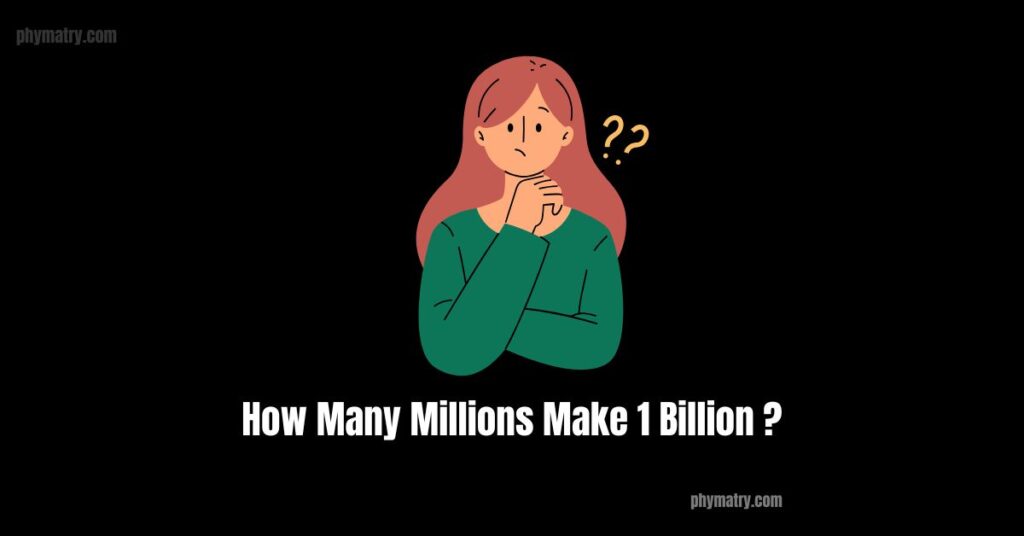What Are Prime Numbers?
A prime number is a natural number greater than 1 that has no positive divisors other than 1 and itself. In other words, it cannot be formed by multiplying two smaller natural numbers. For example:
- 5 is prime (only divisible by 1 and 5).
- 6 is not prime (divisible by 1, 2, 3, and 6).
Prime numbers are the building blocks of all numbers because every integer greater than 1 is either a prime itself or can be factored into primes.
List of Prime Numbers (1 to 100)
Here are all prime numbers between 1 and 100:
2, 3, 5, 7, 11, 13, 17, 19, 23, 29, 31, 37, 41, 43, 47, 53, 59, 61, 67, 71, 73, 79, 83, 89, 97
Fun Fact: 2 is the only even prime number—all other primes are odd.
How to Check if a Number is Prime
To determine whether a number is prime, follow these steps:
- Check divisibility by small primes (2, 3, 5, 7).
- Test divisibility up to the square root of the number (e.g., for 17, check up to √17 ≈ 4.1 → test 2, 3).
- If no divisors are found, the number is prime.
Example:
- Is 29 prime?
- Check divisibility by 2, 3, 5 → No.
- Since √29 ≈ 5.38, we only need to test up to 5.
- 29 is prime.
Why Are Prime Numbers Important?
Prime numbers play a crucial role in:
🔹 Cryptography (secure data encryption, e.g., RSA algorithm).
🔹 Computer Science (hashing, random number generation).
🔹 Mathematics (fundamental theorem of arithmetic).
🔹 Real-world applications (banking security, digital signatures).
Without primes, modern internet security wouldn’t exist!
Special Types of Prime Numbers
| Type | Definition | Example |
|---|---|---|
| Twin Primes | Pairs of primes differing by 2 | (3, 5), (11, 13) |
| Mersenne Primes | Primes in form 2p−1 | 3 (22−1), 7 (23−1) |
| Fermat Primes | Primes in form 22n+1 | 5 (221+1) |
FAQs About Prime Numbers
❓ Is 1 a prime number?
❌ No. By definition, primes must be greater than 1.
❓ What is the largest known prime number?
✅ As of 2024, it’s 282,589,933−1 (a Mersenne prime with 24.8 million digits!).
❓ Are there infinite prime numbers?
✅ Yes! Euclid proved this over 2,000 years ago.
❓ Can prime numbers be negative?
❌ No. Primes are defined as positive integers.
Conclusion
Prime numbers are fascinating and essential in math and technology. From securing online transactions to solving complex equations, they remain one of the most studied concepts in mathematics.
Now you know:
✔ What makes a number prime.
✔ How to find primes.
✔ Why they’re so important.
Want to explore more? Try finding primes beyond 100!

